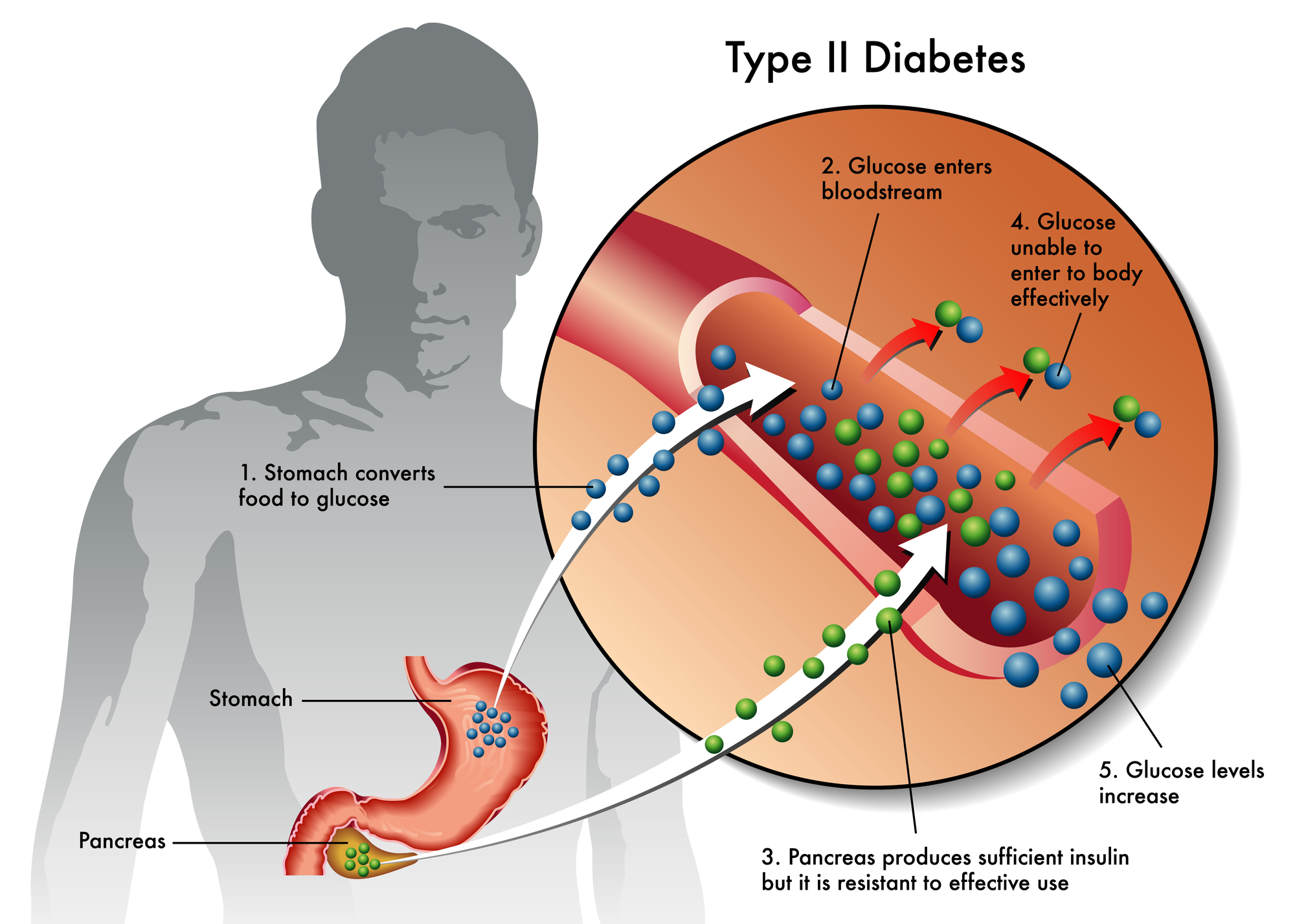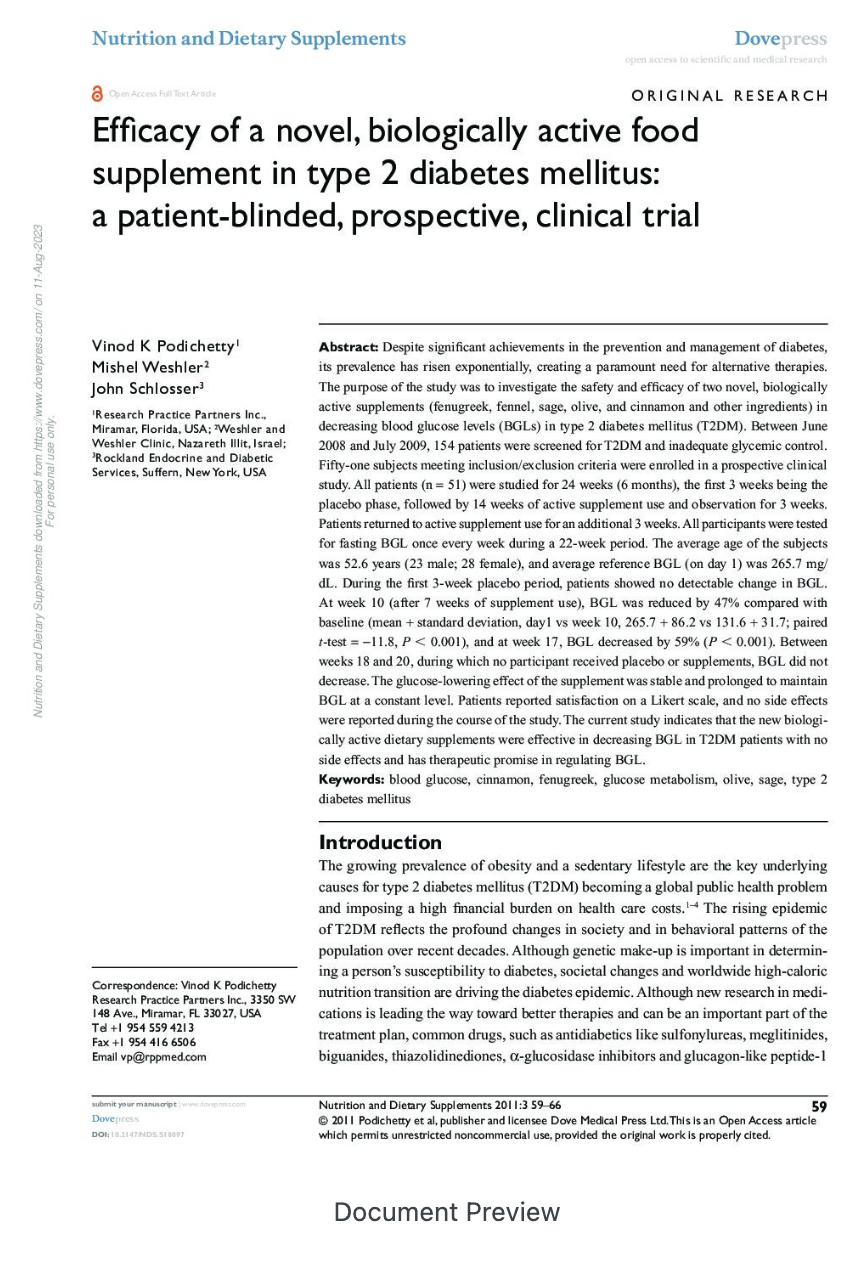Type 1 diabetes is an autoimmune disorder that typically develops in children, teenagers and adults, but it can develop at any time. Learn about the signs and symptoms of this condition and get expert guidance on how to manage type 1 diabetes from those who know the disease best.
What is Type 1 Diabetes?
Type 1 diabetes is a chronic illness characterized by high levels of sugar in the blood.
The cause of type 1 diabetes is unknown, but it is believed to be autoimmune in nature. This means that the body’s immune system attacks and destroys the insulin-producing cells in the pancreas.
Without insulin, the body cannot properly use glucose for energy. This can lead to serious health complications like ketoacidosis, which is a build-up of acids in the blood that can be fatal.
Type 1 diabetes is typically diagnosed in children and young adults, but it can occur at any age. It is treated with insulin injections, a healthy diet, and regular exercise.
Symptoms of Type 1 Diabetes
Type 1 diabetes is an autoimmune disease that occurs when the body’s immune system attacks and destroys the insulin-producing cells in the pancreas.
Type 1 diabetes is usually diagnosed in children, adolescents, or young adults. However, it can occur at any age.
Symptoms of type 1 diabetes can develop quickly, over a period of weeks or even days. They include:
• Increased thirst and urination
• Extreme hunger
• Weight loss
• Fatigue
• Irritability or mood swings
• Blurred vision
If you experience any of these symptoms, it’s important to see your doctor right away. Early diagnosis and treatment can help prevent serious complications from type 1 diabetes.
Causes of Type 1 Diabetes
Type 1 diabetes is an autoimmune disease that occurs when the body’s immune system attacks and destroys the insulin-producing cells in the pancreas.
Type 1 diabetes is usually diagnosed in children, adolescents, or young adults. It is less common than type 2 diabetes, which is more often diagnosed in adults.
There is no single cause of type 1 diabetes. However, it is believed to be caused by a combination of genetic and environmental factors.
Some of the factors that may contribute to the development of type 1 diabetes include:
– Family history of type 1 diabetes
– certain viral infections
– exposure to environmental toxins
– Autoimmune diseases
Diagnosis and Treatment for Type 1 Diabetes
Type 1 diabetes is a chronic illness that occurs when the pancreas is not able to produce enough insulin. Insulin is a hormone that helps the body to control blood sugar levels.
Type 1 diabetes is usually diagnosed in children and young adults, but it can occur at any age. There is no known cure for type 1 diabetes, but it can be managed with insulin therapy and other treatments.
If you have type 1 diabetes, you will need to take insulin injections or use an insulin pump every day. You will also need to monitor your blood sugar levels carefully and make sure to eat a healthy diet and get regular exercise.
Conclusion
Type 1 diabetes is a serious condition that requires lifelong management. While there is no cure, with proper treatment people with type 1 diabetes can lead healthy and fulfilling lives. If you or someone you know has been diagnosed with type 1 diabetes, it’s important to seek out support and resources so that you can better understand the condition and how to manage it.



Recent Comments